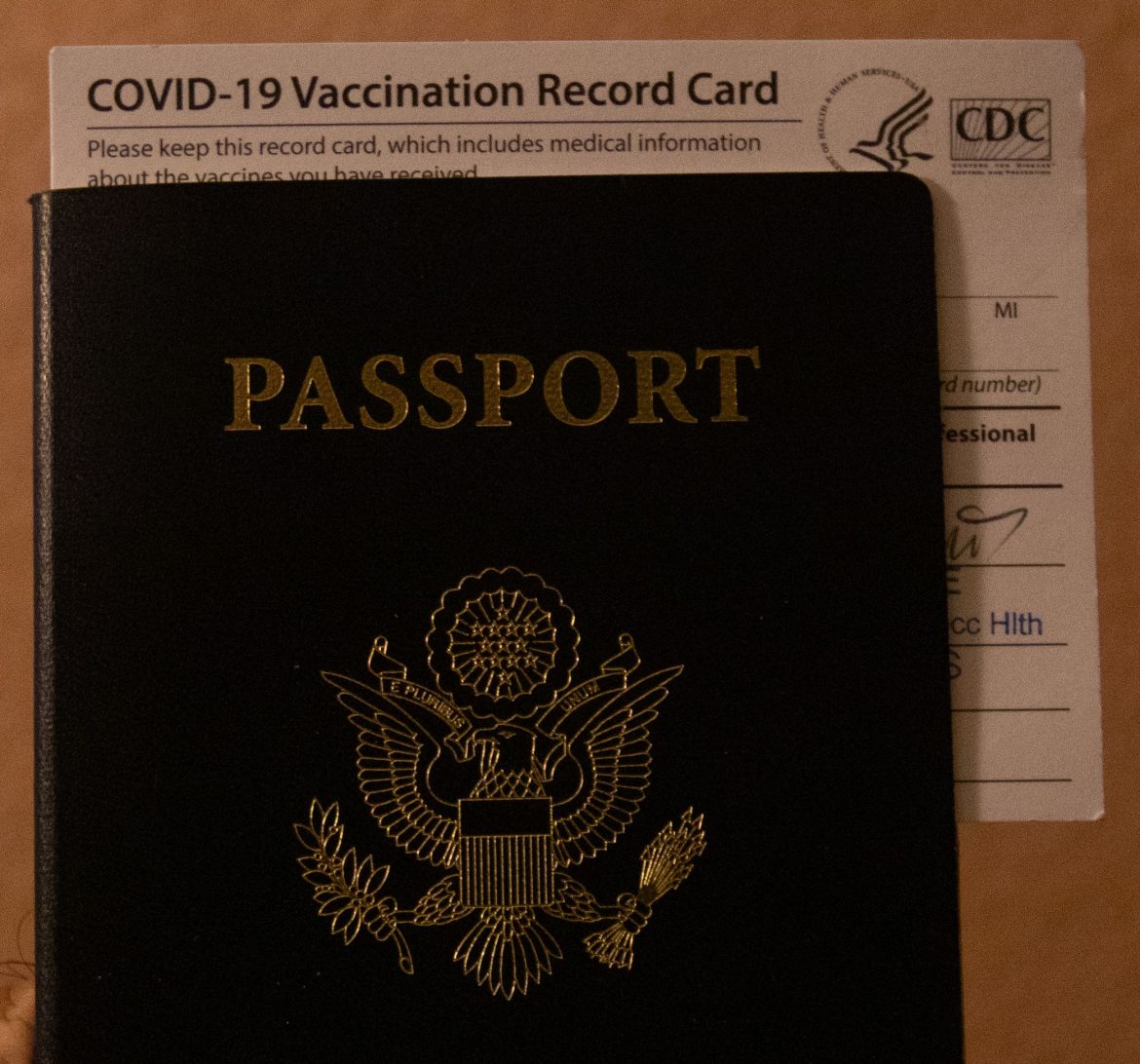A petition against the roll-out of “vaccine passports” has amassed more than 300,000 signatures – thrice the number required for Parliament to launch a debate – and amplified concern around pressure on the public to get a jab.
Launched in February, the #StopTheVaccinePassport petition characterised the concept of “freedom passes” as intrinsically hostile to British values.
The petition is an outcry against mandatory Covid-19 vaccination proof for some leisure venues such as stadiums, pubs and domestic travel.
“Such passports could be used to restrict the rights of people who have refused a Covid-19 vaccine, which would be unacceptable,” the petition said.
Harley Dalton, Greater Manchester area manager for the UK Liberty Party, an organisation that opposes the emergency power granted by the Coronavirus Act, said:
“Domestic vaccination passports are an indirect means of enforcing mandatory vaccination, disguising their threat of punishment for non-compliance as something to which you and your family consent.
“Don’t be fooled: the choice between conditional freedom or mandatory restrictions on every aspect of your life is a false choice.
“Adults should not require third-party consent from the government, nor facilitating corporations prying into your private life.”
A spokesperson for independent campaigner for civil liberties Big Brother Watch said: “We strongly object to those vaccine certificates as they pave the way for discrimination. Should the government give it the green light, we will be regressing to the post-WWII era.
“It will marginalise people who are still reeling from their freedom taken away under this draconian Coronavirus Act.
“We can’t afford to stoop to such undemocratic measures. We all thought the government had learnt their lesson but we might have been delusional.”
Government debate
In response to the petition, the government debated the issue on March 15, during which some MPs flagged the pitfalls of domestic passports such as data breaches and issues of privacy of medical history.
Lord David Amess, Conservative MP for Southend West, said: “I did not think that is the society that we wished to live in. A surveillance state would be instituted.”
Carla Lockhart, MP for Upper Bann from the Democratic Unionist Party, cautioned during the debate that the requirement to show the vaccine certificate would discriminate against certain categories of people such as pregnant women who are not advised to take the vaccine or young healthy people who might be less willing to take it.
Greg Smith, Conservative MP for Buckingham, underlined that such stringent measures like vaccine passports may be counterproductive as individuals want to have autonomy over their bodies when it comes to medical procedures.
If such passports were adopted across the UK, people may become more resistant to constant pressure from the government.
Others disagreed, however. Ben Bradley, Conservative MP for Mansfield, said that the scheme could revive some businesses faster, with some companies keen on introducing such passports, especially for mass gatherings.
“That is something we could and should look at,” he said.
Two weeks ago, British Airways said it would launch a form of vaccine passports to entice people back abroad.
This brought to the fore some ethical dilemmas and legal implications for individual rights that will resurface, should the government decide to follow suit and implement a similar scheme for domestic travel, according to Lockhart.
She said: “I would be utterly opposed to, and believe that the Government need to avoid, a domestic internal vaccine passport requirement for travel throughout the United Kingdom. We must hold dear to the liberties that we once knew and want to return to.”
Sean Walsh, a retired academic and anti-lockdown journalist for The Critic Magazine, said: “The problem with vaccination certificates is that it’s a reversal of the natural order of things.
“We used to assume that all our interactions with other people were beautiful. We now think they are potentially dangerous. It’s an assault on the social fabric. Deeply, deeply sinister.”
While the project for vaccine certificates to date concerns only a fraction of private companies, those actions are deemed as an attempt to “drag [domestic] passports through the backdoor”, said Jim Killock, the Executive Director of the Open Rights Group to LBC radio.
The petition comes as several international airlines, like Air Serbia and Qatar Airways, floated plans for in-app Covid certificates that aim to revive the now dormant tourism industry.
The government seemed to rule out vaccine passports earlier this year, but in February, foreign secretary Dominic Raab acknowledged green passes were under consideration.
The fierce national opposition to any form of ID cards dates back to WWII when, in an act of defiance against identification papers, likewise introduced for safety reasons, the public set their ID cards ablaze.
After protracted resistance, those ID cards were scrapped by 1952.





